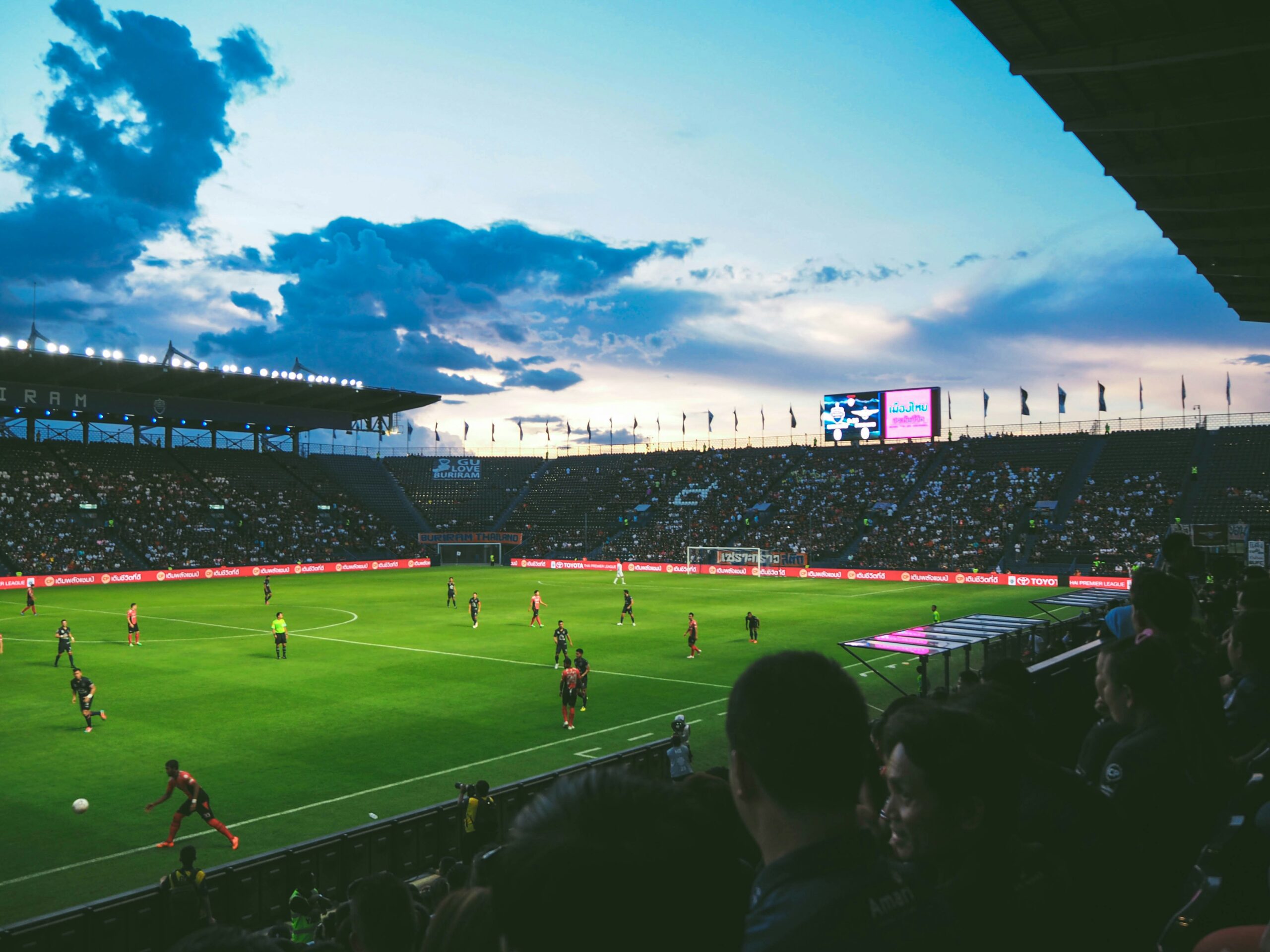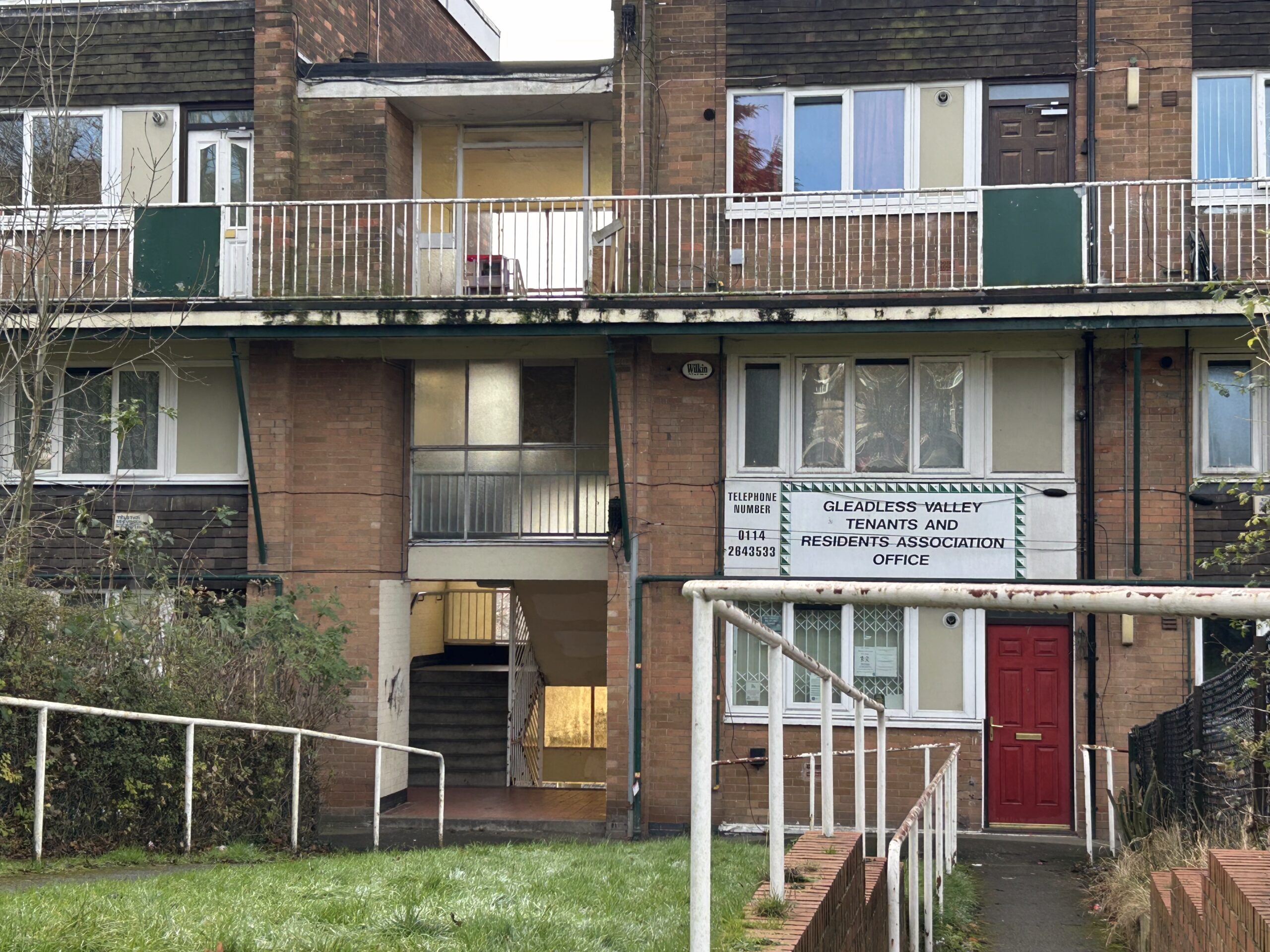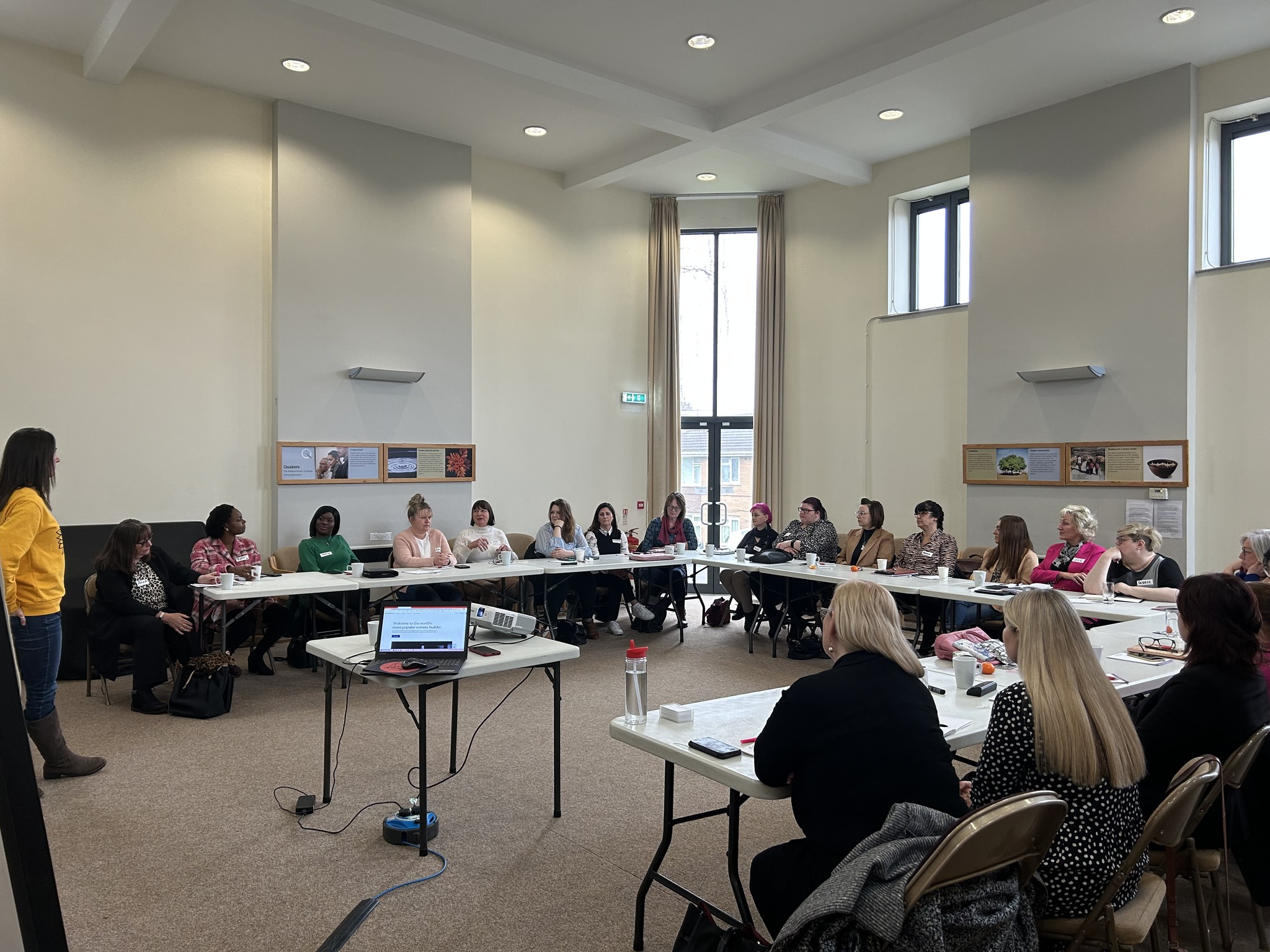This summer will showcase Euro 2024 in Germany, but what does that mean for the women who might be on the receiving end of physical and psychological violence during and after the games.
According to the National Council for Domestic Violence there is a 26 per cent increase in reported incidents of domestic abuse when England plays, 38 per cent if they lose and 11 per cent the next day whether they win or lose.
Hollie Venn, Chief Executive of Sheffield Women’s Aid, says: “We have a pandemic of domestic abuse whereby two to three women on average are killed each week. We cannot and should not view incidents in isolation purely because someone is a “celebrity”. All perpetrators regardless of status should be held accountable.”
Last week Sheffield Wednesday allowed German international, Nico Schulz, to train with the team even though he is due to make a court appearance this week after allegations of domestic violence against his former girlfriend who was pregnant at the time. When manager, Danny Rohl, was quizzed he did not elaborate on the club’s stance on the matter and said: “He is in training with us, he’s a training guest… it makes no sense to speak about the personal things of a player when he’s not actually signed with Sheffield Wednesday.”
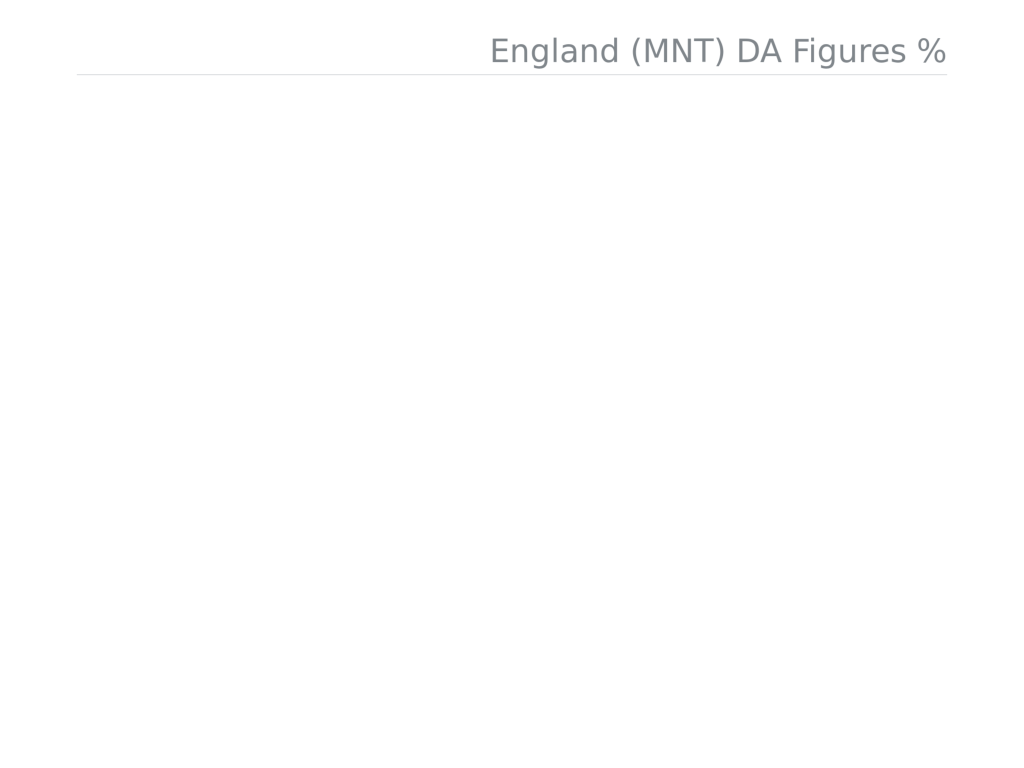
Data from the Office for National Statistics reveals there were 1,500,000 cases of domestic abuse towards women in England and Wales for the year ending March 2023. However, according to Women’s Aid, most data on this topic only accounts for specific types of behaviour and in their view domestic abuse has to also be seen through the prism of power and control. These less explicitly violent forms, including coercive and financial control, are usually gender-based.
Ms Venn believes excuses are often made for the abusive behaviour of an abuser. She says: “I think it’s a mistake to argue it away as people ‘just getting carried away’. There’s a lot at stake, particularly thinking about World Cups. Again excusing behaviours of perpetrators and saying, ‘oh, well, you know, it was just that the emotions were really heightened’. Actually, perpetrators are very much in control of what they do. We don’t see them ‘losing control’ to their employers or the police.”
The connection between the most watched sport in the world and gender-based abuse is further fuelled by the lack of action taken by those with great influence in football. One of the most famous football clubs, Manchester United, were embroiled in controversy last summer as their plans to reintegrate Mason Greenwood into their playing squad were revealed by The Athletic.
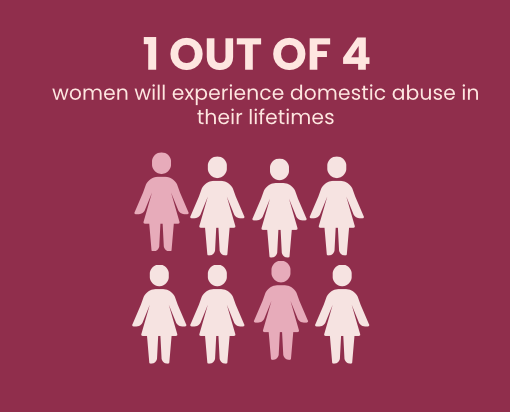
Mason Greenwood has not played for the team since January 2022 when recordings and images were released on social media of alleged sexual abuse of his girlfriend. The forward faced charges of attempted rape, controlling and coercive behaviour and assault occasioning actual bodily harm – all of which he denied. Eventually, the case was dropped by the Crown Prosecution Service due to “a combination of the withdrawal of key witnesses and new material meant there was no longer realistic prospect of conviction”.
His club were then left with a decision to make, as he was still a contracted employee of Manchester United, and they had to decide what to do with Greenwood. The Athletic revealed there were detailed plans on how to bring him back into the spotlight without causing controversy. One of the more controversial details of the planning was how they anticipated domestic abuse charities to be “hostile” towards the club’s decision to restore Greenwood’s status as a Premier League footballer.
Ms Venn says: “Do you see it as acceptable as having people who are known domestic abusers, known sexual violence abusers in your organisations? Is that something you want to be associated with? Surely you would argue, no, it’s not something you want to be associated with.”
Manchester United eventually allowed Greenwood to leave on loan which many expected to be a permanent separation between the parties. But last week new part-owner Sir Jim Ratcliffe spoke openly about how there is still a chance for the 22-year-old at the club. He said: “The process will be: understand the facts not the hype and then try and come to a fair decision on the basis of values which is basically is he a good guy or not.”
In a country where, according to Refuge, one in four women will experience domestic abuse in their lifetime, those with status are setting a dangerous precedent for those who view them as role models. The fan group, ‘Female Fans Against Greenwood’s Return’, were staunch in their disapproval of the players’ return.
The group also released a statement in September 2023 when another Manchester United player, Antony, was alleged to have committed the assault of two women. The fan group said “swifter action needs to be taken in cases where those working in football are arrested and charged for crimes of violence and abuse to protect and support both fans and their colleagues within their clubs/ the wider football industry”.
Chief Arsenal reporter at football.london, Kaya Kaynak, explained the reasons why clubs do not condemn their players more harshly when accused of gender-based violence. “I think you get into certain legal areas where you have to think about if a player says they didn’t do it then what do you do about that? For example, in the Mason Greenwood case, there is overwhelming evidence that the club couldn’t really ignore in that case and they have to suspend him. If it had been similar to some other cases where there wasn’t the same amount of evidence, maybe it would’ve been kept quieter and he would’ve continued playing.
“It’s a real dilemma for these clubs when it comes to the need to achieve sporting success on the pitch and the people who can provide them with that and obviously the ethical complications and often legal complications that come hand in hand. In an ideal world, they would not be given a platform and it would be done and dusted. It’s a sad state of affairs.”

